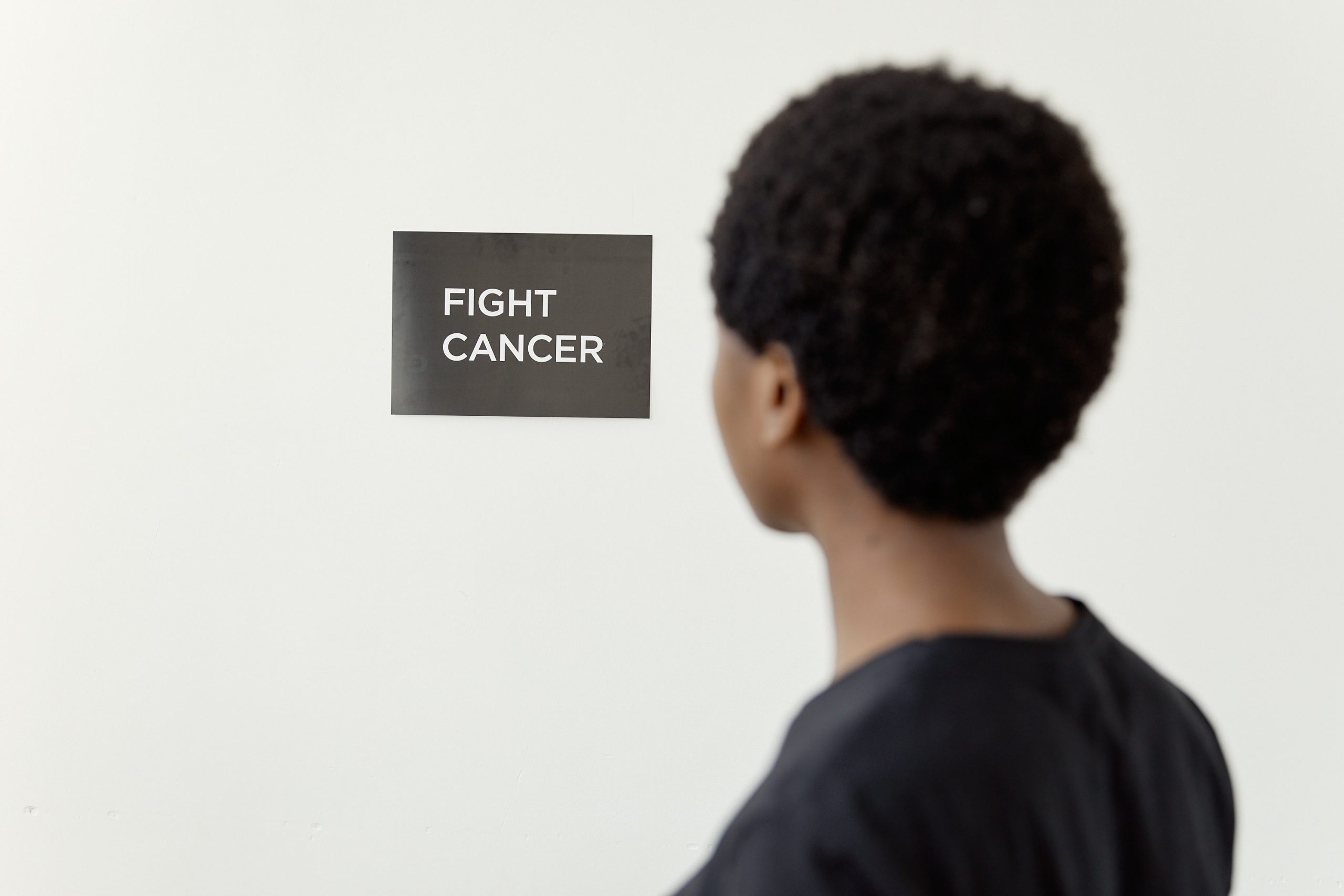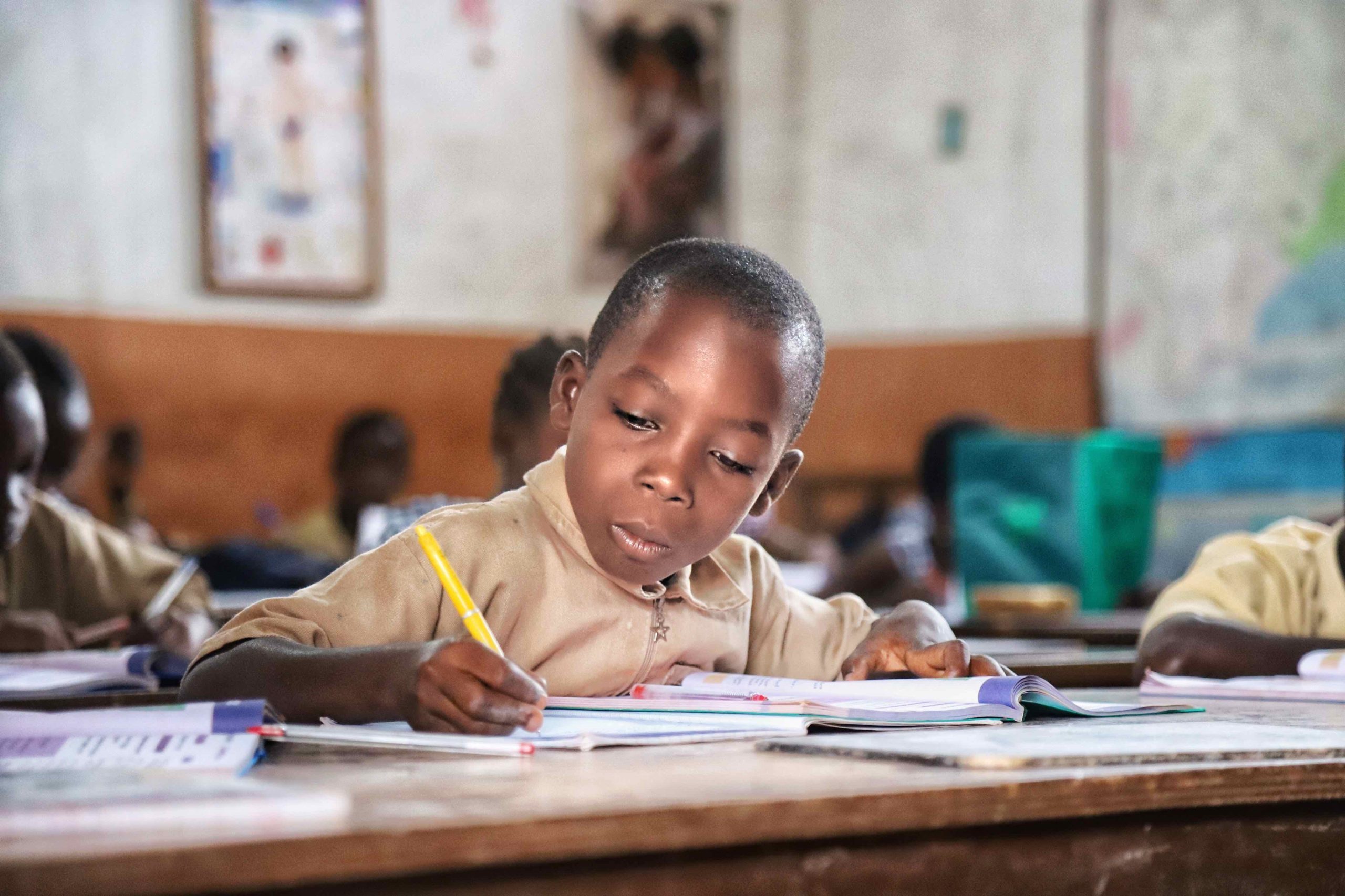Leveraging technology to deal with Cancer in our Region
As we join the world in marking World Cancer Day, we call upon leaders in Africa to take action to address the continuing rise of cancer cases in our region. The situation has been dire for the past decade. It is time for decisive action to ensure that African people with or at risk of this disease have accessible and effective healthcare solutions.
Believed to have been caused by structural and social determinants, cancer rates in Africa are consistently unacceptably high, affecting as many as one in four African people. As of 2018, the African continent accounted for more than 25% of the world’s cancer cases despite representing only 15% of the global population. These statistics are from African countries that lack the infrastructure and funding necessary to address cancer diagnoses effectively. There are also severe inequities in the medical and administrative services available to the African people. This inequity is unfair because they are facing the highest cancer burden globally. This burden creates an urgent need for medical resources and interventions to prevent, diagnose and treat cancer on the African continent.
Therefore, African leaders must take an active role in addressing these issues and dedicate funds to help fight the cancer battle. African leaders must prioritize the physical and mental health of their citizens. For too long, there has been a lack of investment from national and international funders towards providing cancer services in Africa. This lack of investment must be addressed, as access to life-saving treatments should be a human right for all in Africa. African leaders must also ensure that cancer-related services are adequately provided to all members of their countries and make sure that these services are free of any gender discrimination. Additionally, an increase in public education and awareness initiatives is necessary to ensure that African citizens have access to information on the signs and symptoms of cancer, prevention techniques, and the treatment options available.
As African Renaissance, we believe that the launch of the Africa CDC is a positive step towards improving public health in Africa by providing a centralized platform for disease surveillance, control, and response. The success of the Africa CDC will depend on various factors such as adequate funding, strong leadership, and effective collaboration with other organizations and governments. Africa CDC will address public health issues, including cancer in the region. Cancer is a growing concern in Africa, and the Africa CDC is well-positioned to play a critical role in addressing this challenge. This program could include initiatives aimed at improving cancer diagnosis and treatment, strengthening cancer surveillance and research, and raising awareness about the importance of early detection and prevention of cancer. The Africa CDC will work with African countries and other partners to develop and implement solutions specific to the needs and circumstances of each country and region.
Additionally, African leaders should look to technologies that could potentially address the cancer burden on the continent. For example, mobile technology for house calls to the underserved, where there is often a lack of available medical care. It could also help in providing remote treatment and consultation services, which could potentially reduce the costs of healthcare services.
In conclusion, as African Renaissance observes World Cancer Day this year, we urge African leaders to act to address the challenge of cancer on the African continent. This action can include dedicating and raising the much-needed funds to invest in life-saving treatments, providing adequate medical and administrative services to those in need, and utilizing available technologies to ensure that all African citizens have access to quality healthcare services. Only through a collective effort to ensure equitable access to cancer care can we begin to make a difference in the battle against the cancer epidemic in Africa.



